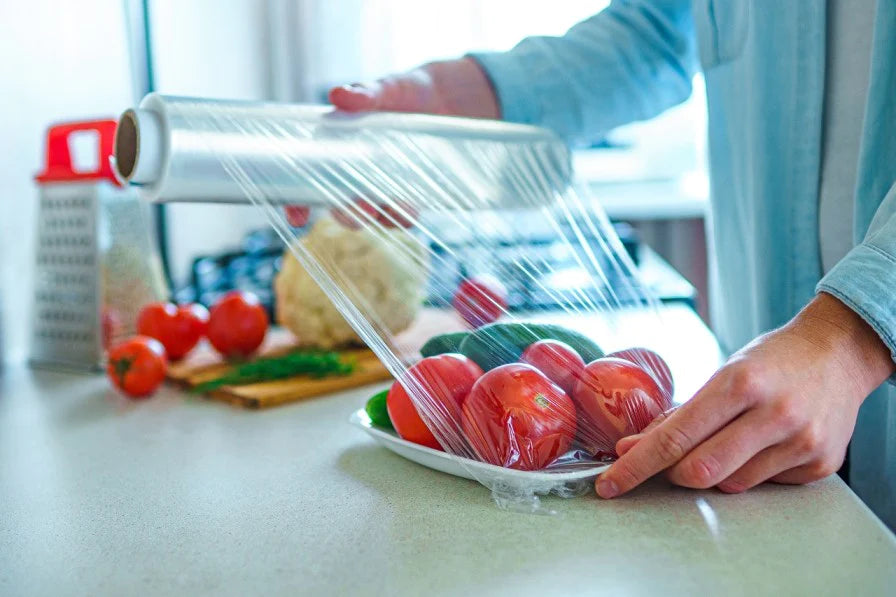OR
Express Checkout
We guarantee to have the lowest price! Find the same bin for a cheaper price and we will beat it!

As with plastic, paper, metal and glass, the best way to make the most of food is to first reduce the amount you use. If you reduce usage, you have less that needs reusing and recycling, making the process more efficient and less wasteful. Though recycling facilities are more widely available than ever before, the process requires large amounts of energy, logistical management and man-hours, creating carbon emissions and taking up a lot of space and time. Estimates of global food waste are between 30-50% of the total amount produced, equating to 1.3 billions tons per year, so something needs to change.
However, it can be difficult optimally reducing what you buy and achieving zero wastage. This is especially clear when it comes to food, because one week you may be hungrier than the last, have guests round, be tempted by impulse-buy displays, or choose items that will expire before you fully use them. Whatever the case, though recycling food through a compost bin or council collection is great, there is the option to reuse food in a way that will make an even bigger difference and stop the problem at the source.

Adam Smith is a chef from Yorkshire, who became concerned with the growing problem of wasted food after spending a year working on farms in Australia. Returning to Leeds, Adam connected with Sam Joseph and Conor Walsh, two university students who had been exposed to supermarket waste for years. The team immediately set out to revolutionise the world of food usage, creating a café in Armley that runs on a Pay-As-You-Feel (PAYF) basis, which launched in December 2013.
This green-minded enterprise led to The Real Junk Food Project, a national organic network of over forty cafés that serve 100% food surplus on a PAYF business model. During 2014, the project intercepted almost fifty tonnes of food and fed thousands of people, many of whom paid by cooking and cleaning, and may otherwise have gone hungry.
As the website explains, TRJFP raises awareness of waste as a symptom of a much bigger problem that can only be addressed by re-evaluating our food production and distribution system. TRJFP is a direct response to the current intensive food system that targets consumers using the ‘commodity’ of food as a resource to portray abundance, choice and continuous supply with the singular aim of increasing profits. This system disconnects each part of the food supply chain from the grower to the consumer, as well as disconnecting the value of each process, including the value of waste.
Offering freshly cooked meals using donated ingredients, TRJFP saves a huge amount of food waste, feeds all walks of life, transcends the monetary system through the PAYF model and empowers communities all over the UK. Whether a homeless person helps in the kitchen or a millionaire offers to buy new furniture, there are countless ways to pay for your meal, including good old-fashioned cash.
Contact TRJFP to find out how you can setup your own café and help your city, town, village or community to reduce food waste and change lives.